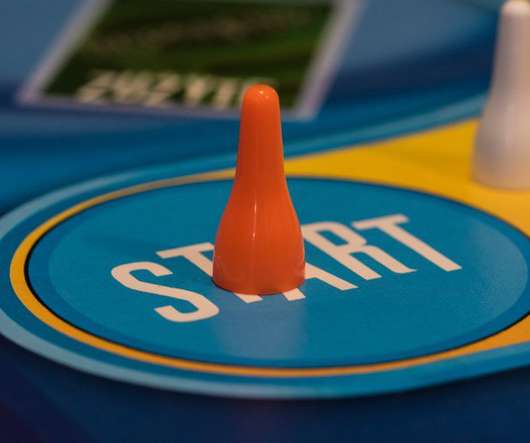PKM is our part of the social learning contract
Jane Hart
APRIL 24, 2012
PKM is therefore the key to successful social learning. PKM is also a key skill of being an effective autonomous learner – as we can see from the many individuals who are already organizing and managing their own personal learning strategies in the organization – and consequently a key aspect of BYOL (Bring Your Own Learning).










































Let's personalize your content